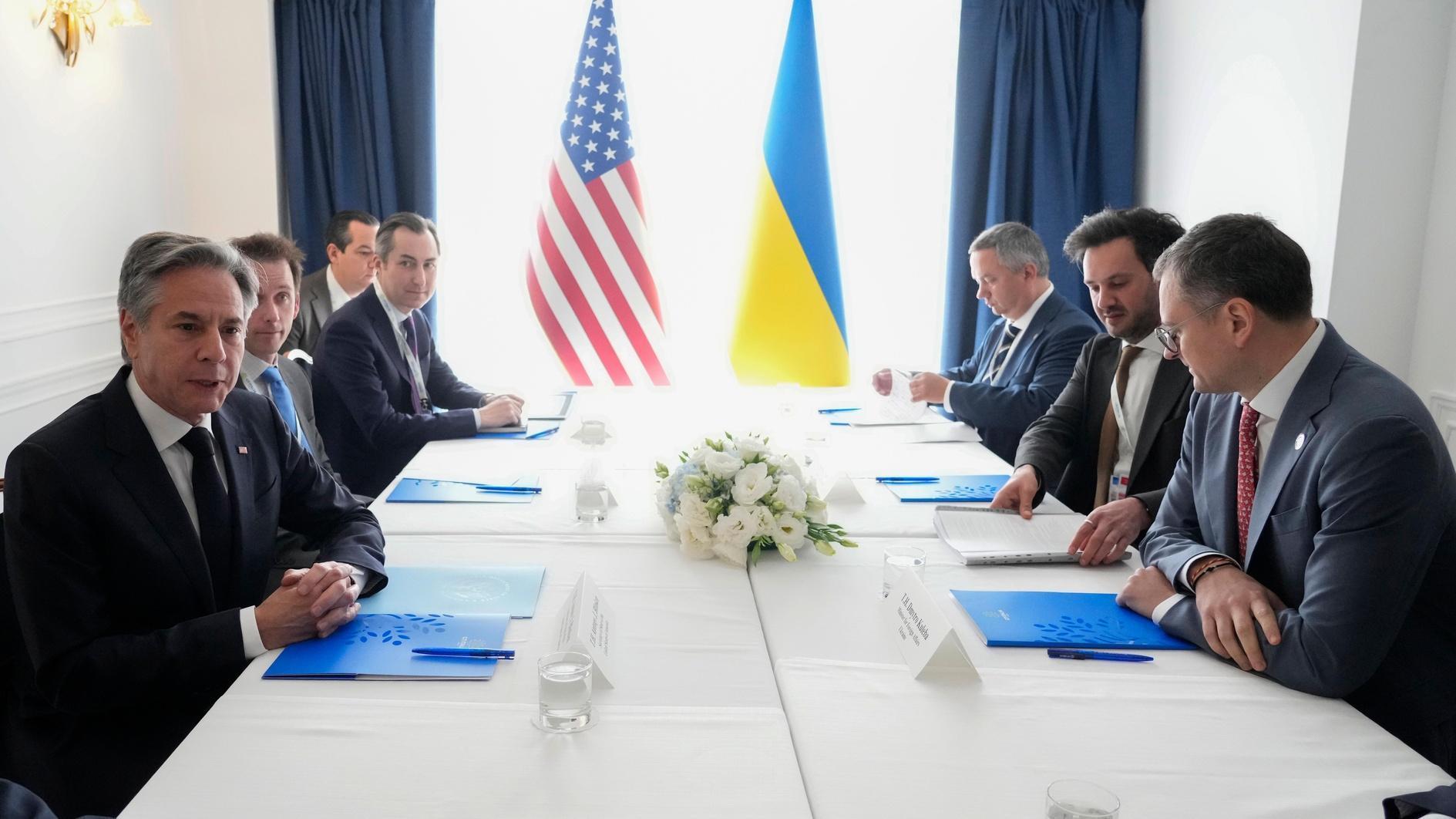The Syrian crisis and Hezbollah
The Syrian people’s tragic experiences in their struggle against the Baath regime are a litmus test for our region. The Syrian uprising has unleashed a crisis for which the Baath regime, along with all those who stood by it, will have to pay for in the years to come. Since Russia, as the external actor intervening in the crisis on behalf of the Baathists, does not have any real stake in the region, it does not care about the cost. The two actors that have really been harmed in this crisis are Iran and Hezbollah.
If one replaced all occurrences of “Baath dictatorship,” “al-Assad” or “the regime” in any text the Syrian rebels expressed themselves, with “Pahlavi dictatorship” or “Shah” and read this text in some demonstration in Iran in 1978, no one would be the wiser. Or, if one replaced “USA” with “Russia” in any statement released during the Iranian revolution and used this in the Syrian crisis context today, no one would know the difference. Similarly, if one replaced “Hezbollah” with “Syrian Opposition” and “Israel” with “Syria” in any statement issued by Israel in 2006, it could be easily believed that it was as a statement issued by Hasan Nasrallah, today.
What made Hezbollah powerful was never the fact that it fought against Israel. What made Hezbollah strong and respected was that its constituency transcended sectarian, and even religious and ideological boundaries. Hezbollah found support among Shiites, Sunnis, Christians, nationalists, leftists and even in political movements in the West. Hezbollah’s power came from its legitimate and rightful cause. Hezbollah has not only lost this wide support base, but limited its support within Lebanon to a sectarian base. As of May 25, 2013, Hezbollah has become a local actor only supported by the Shiite population, acting on behalf of Iran. Hezbollah, which has even become a controversial topic for the Shiite elite in Lebanon, has made a politically imprudent move that not even Russia or Iran has made by confessing to its involvement in the Syrian crisis.
Hamas’ withdrawal from Syria had already left Hezbollah between a rock and a hard place because it negated Hezbollah’s “axis of resistance” defense. Hezbollah faced its second crisis when it declared that Assef Shawkat, brother-in-law to Bashar al-Assad and suspected of involvement in the assassination of one of Hezbollah’s founding leaders, Imad Mughniyah, “a martyr” following his death on July 18, 2012. It is impossible for Hezbollah to play any kind of determinative role in a military victory over the Syrian opposition. As such, it is not really possible for Hezbollah to fit a role different than those externals actors that come to Syria to fight against the Baath regime. Just as al-Qaeda does not have the determinative power the Baath regime and the West exaggeratedly attribute to it, Hezbollah will never become a conclusive power. Besides all of this, Hezbollah will face its real crisis when it completes its transformation from a respected regional actor to a lonely actor.










